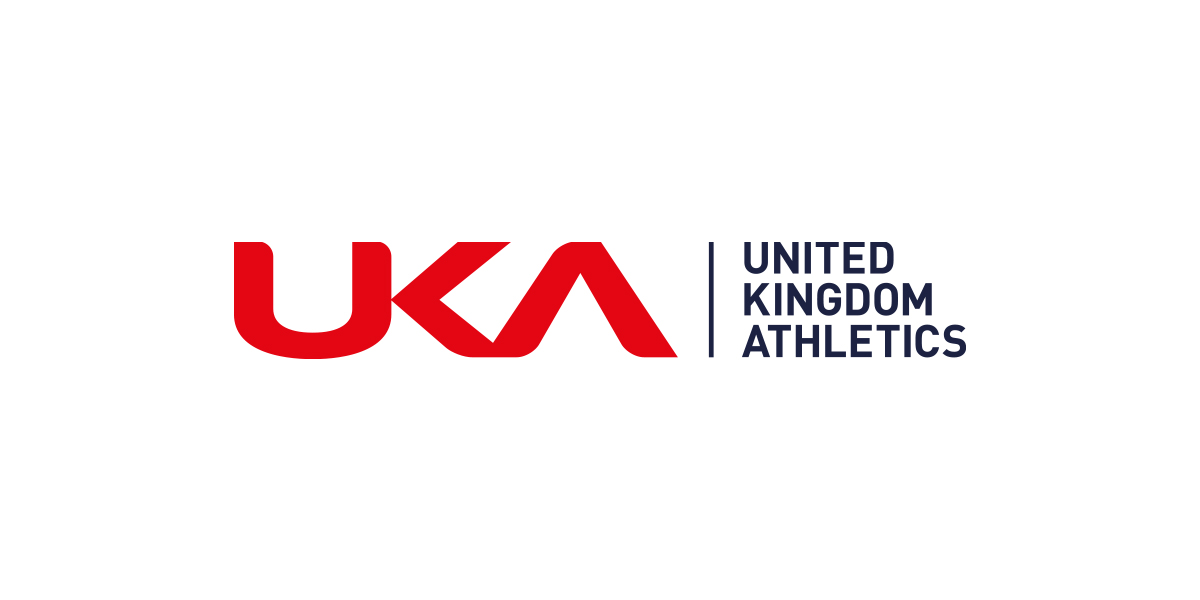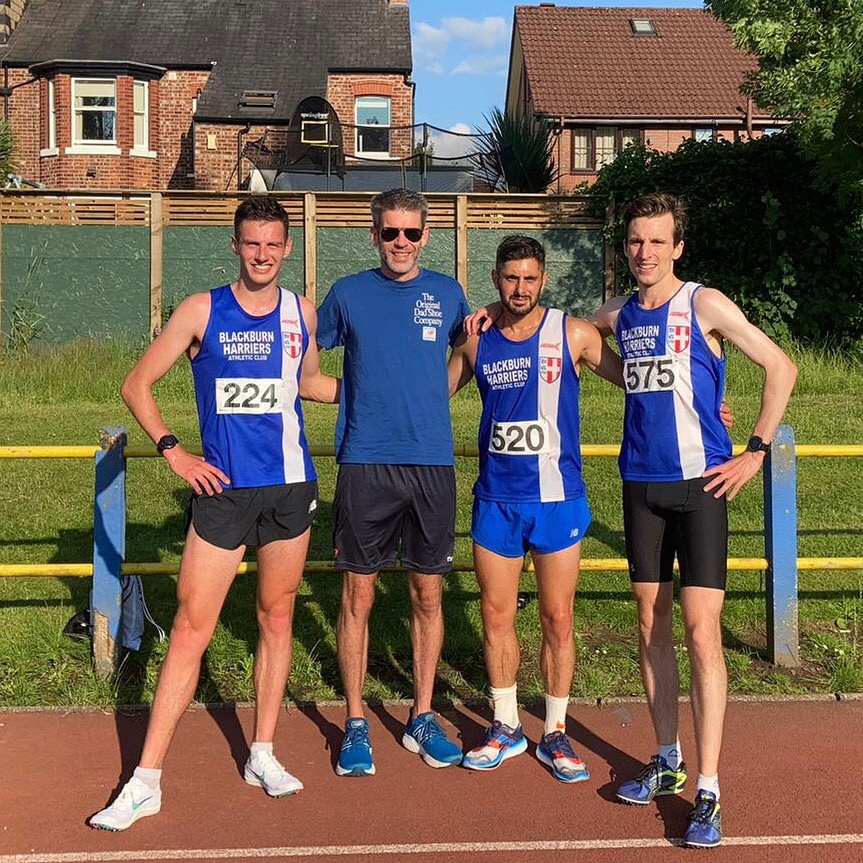
16th March 2022
Recognition of Prior Learning: Case study - Nick McCormick
UK Athletics’ Recognition of Prior Learning (RPL) programme offers a unique opportunity for applicants to gain a UKA accredited coaching licence.
The programme – which is aimed at identifying, assessing, and confirming the competencies a learner has obtained from other sources – enables applicants to be recognised against British Athletics’ coaching competencies.
RPL is not a coaching qualification course, but a pathway that can lead to an individual becoming an accredited coach. Applicants gather and submit evidence to support their application, which is then reviewed by an assigned assessor. The process is outlined in detail on the UK Athletics website.
This short series highlights a range of individuals from varied backgrounds who have successfully completed the RPL programme. It asks what motivated them to apply, where it might lead, and what advice they would share with others considering this pathway.

Applicant’s story: Nick McCormick
Qualification awarded: Athletics Coach Endurance
“I was lucky to have been a successful athlete and that allowed me to spend a lot of time with some of the best endurance coaches in the UK and Australia. You develop a style and the skills required to mentor, but in reality, you start with no experience to coach.
“During the coronavirus pandemic I found myself with more time on my hands. I was spending hours reading about coaching methods on LetsRun.com, listening to Final Surge podcasts by current coaches, reading very old books by Lydiard (Arthur Lydiard), and reading my former coach Lindsay’s old coaching diaries (Lindsay Dunn) on athletes like Brendan Foster, Dominic Bannister, Charlie Spedding and Tom Mayo. I realised at that point that I was still pretty much as obsessed with endurance running as I had been as an athlete.
“I’d started mentoring a number of local lads in Burnley and began to change their outlook on the sport. I looked at the way that they trained/raced using principles of training energy systems and put a fun training schedule in place. Blackburn Harriers then approached me to work with their endurance group. That challenged me to think about developing as a coach, rather than just mentoring, and at the same time raising the standard of the endurance athletes in the club.
“I had been trying to navigate through England Athletics/UKA coaching courses for a while and I wasn’t sure about the appropriate course for me, but then I heard about the RPL process through Barry Fudge (former British Athletics’ Head of Endurance). He put me in touch with the UKA Coaching and Development team and the programme seemed like a viable option.
“I was concerned initially that I didn’t have the ‘prior learning’ required to apply for the course, but through my long-term experience of running and competing at an elite level, in addition to my work in Burnley and at Blackburn Harriers, I had a strong starting point.
“I also thought it might be a laborious process, but that wasn’t the case at all. The structure of the process worked well for me as it allowed me to focus on endurance running from the start, which is where my interest and experience lies. It also allows the participant to go down a route of self-learning based on their background, which I think is really beneficial, and it enabled me to bucket up all of the theory alongside the online knowledge test. The crucial element was the practical assessment. At that point I had to demonstrate that my prior learning, new knowledge gained from the online learning, and the on track/off track course work – together with my existing elite athlete knowledge – was good enough to pass the assessment.
“As an elite athlete, I admit that I found myself very detached from the reality of club level harriers by the time that I was competing in London 2012. That continues for a lot of elites once they compete at the highest level to the point of retirement. We need some of these athletes to convert into club level coaches in the UK. I feel strongly that I want to put back into the sport that gave me so much. It is the responsibility of athletes to stand on the shoulders of giants if they’re to become respected coaches. Many of our best coaches who have trained/mentored these athletes are getting older, and we need to learn from them.
“If you’re interested in becoming a coach and not quite sure where to start, I would recommend initially spending some time volunteering/supporting the coach/assistant coach (if they have UKA qualifications) at your local club. Having an interest in coaching is one thing – but showing your commitment and gaining experience will make a difference and help you decide if coaching is for you. I would definitely encourage any elite athlete looking to get into coaching to consider the RPL pathway as an option, if they already have coaching experience.
“Going forward, I’ll continue to expand my knowledge by having conversations with top coaches such as Nic Bideau, Helen Clitheroe and Jon Bigg, as well as Nathan Shrubb in the north east who coaches the Lindsay Dunn crew. They’ve all been very supportive, and I’m lucky to have those contacts. I’d also like to develop my skills through CPD courses and in different areas of the daily/yearly training cycle to understand the individual and how to get the best out of the athletes I’m training.
“On the track, I’d like to coach a sub-4 min miler in the next two to three years and have a rich group of athletes that can perform to a high standard. Ultimately, I want to coach international athletes as I think that’s where I am most comfortable based on my knowledge and experience.”


